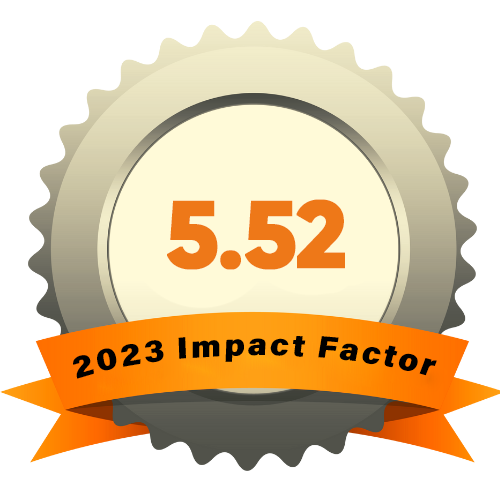SIMILARITIES AND DIFFERENCES OF DEGREE OF ADJECTIVE IN ENGLISH AND UZBEK LANGUAGES
Ключевые слова:
Adjectives, degree of comparison, English language, Uzbek language, comparative analysis, linguistic diversity.Аннотация
This article delves into the similarities and differences in the degree of adjectives between English and Uzbek languages. Adjectives serve as essential linguistic tools for expressing qualities and facilitating comparison in both languages. While both English and Uzbek employ inflectional strategies to convey positive, comparative, and superlative degrees, they exhibit distinct patterns and usage conventions. In English, comparative and superlative degrees are often formed using suffixes or auxiliary words, whereas Uzbek utilizes suffixes and specific auxiliary words. Despite these differences, the fundamental role of adjectives in enriching descriptions and conveying nuanced meanings remains consistent across both languages.
This comparative analysis sheds light on the intricate interplay between linguistic structures and cultural contexts, highlighting the dynamic nature of language evolution. By examining the degree of adjectives in English and Uzbek, we gain valuable insights into language diversity and the ways in which languages shape and reflect societal norms and values. Understanding these similarities and differences not only deepens our appreciation of linguistic complexity but also fosters cross-cultural understanding and communication. Ultimately, this exploration underscores the importance of embracing linguistic diversity and recognizing the unique contributions of each language to our collective human experience.
Библиографические ссылки
Eissenberg J. Comparative Studies in Uzbek Syntax: The Case of the Q-Particle. – Amsterdam: John Benjamins Publishing Company, 1993. – 240 p.
Hopper P.J., Traugott E.C. Grammaticalization. – Cambridge: Cambridge University Press, 2003. – 376 p.
Kortmann B., Schneider E.W. A Handbook of Varieties of English: Morphology and Syntax. – Berlin: Mouton de Gruyter, 2004. – 1056 p.
Larsen-Freeman D. Techniques and Principles in Language Teaching. – Oxford: Oxford University Press, 2000. – 435 p.
Matthews P.H. The Concise Oxford Dictionary of Linguistics. – Oxford: Oxford University Press, 2014. – 472 p.
Quirk R., Greenbaum S., Leech G., Svartvik J. A Comprehensive Grammar of the English Language. – London: Longman, 1985. – 1779 p.
Ruzmetov J. Uzbek-English Dictionary. – Tashkent: Goslitizdat, 1979. – 830 p.
Swan M. Practical English Usage. – Oxford: Oxford University Press, 2005. – 690 p.












